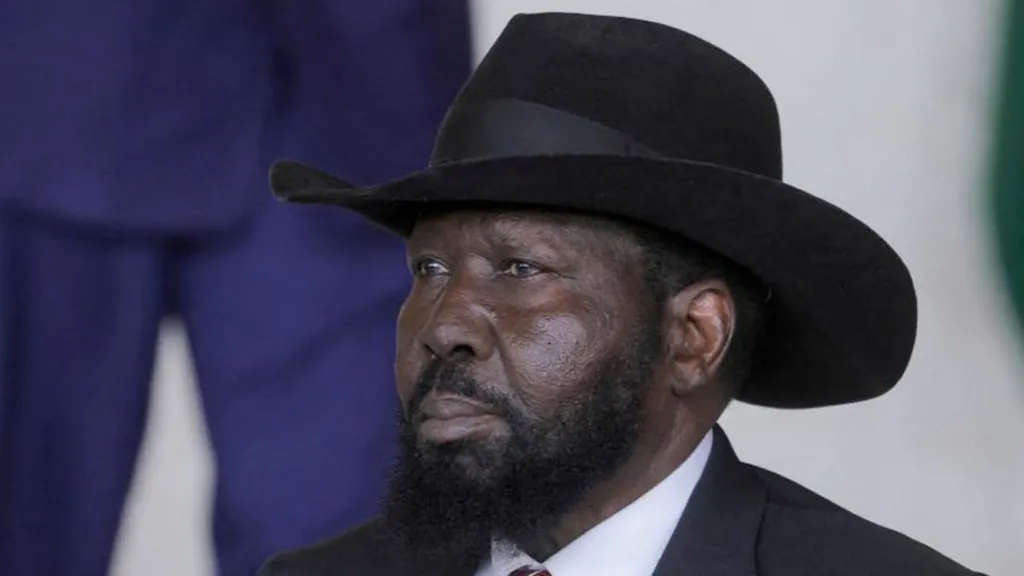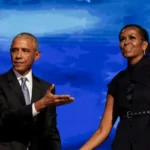
South Sudan has reversed its position in a diplomatic standoff with the United States, announcing it will allow entry to a deported man following the US decision to revoke visas for all South Sudanese citizens.
The dispute began when US Secretary of State Marco Rubio announced Saturday that the US would revoke all South Sudanese visas, citing the country’s refusal to accept the return of its citizens being removed from the US.
South Sudan initially claimed the case involved someone incorrectly identified as South Sudanese who was subsequently sent back to the US. However, the government now says it will permit the man to enter the country “in the spirit of the friendly relations,” despite maintaining he is from the Democratic Republic of Congo. Officials stated he could arrive in Juba as early as Wednesday.
“As a result of this decision, the government has instructed the relevant authorities at Juba International Airport to facilitate [his] arrival,” South Sudan’s foreign ministry announced Tuesday. The ministry added that the country is committed to supporting the return of its “verified nationals” scheduled for deportation from the US.
The US action represents the first time the Biden administration has targeted all passport holders from a specific country since President Donald Trump returned to office in January after campaigning on an anti-immigration platform promising “mass deportations.”
Rubio’s statement indicated the US would also block any arriving South Sudanese citizens at US ports of entry, blaming “the failure of South Sudan’s transitional government to accept the return of its repatriated citizens in a timely manner.” He added, “We will be prepared to review these actions when South Sudan is in full cooperation.”
South Sudan’s foreign ministry expressed deep regret over the blanket measure against all citizens based on “an isolated incident involving misrepresentation by an individual who is not a South Sudanese national.” The ministry claimed supporting evidence was shared with American officials.
However, Deputy Secretary of State Christopher Landau dismissed this explanation as “legally irrelevant,” stating that South Sudan’s embassy in Washington “certified this particular individual as one of their nationals.” Landau added, “It is unacceptable and irresponsible for South Sudanese government officials to second guess the determination of their own embassy.”
Information Minister Michael Makuei Lueth told AP that the US was “attempting to find faults with the tense situation” because “no sovereign nation would accept foreign deportees.”
This diplomatic row occurs amid growing concerns that South Sudan might again descend into civil war after First Vice-President Riek Machar was placed under house arrest. President Salva Kiir has accused Machar of inciting a new revolt.
Last month, the US ordered all non-emergency staff to leave South Sudan as fighting erupted, threatening the fragile 2018 peace deal that ended a five-year civil war.
South Sudanese in the US were previously granted Temporary Protected Status (TPS), which had been set to expire by May 3.












Be the first to leave a comment